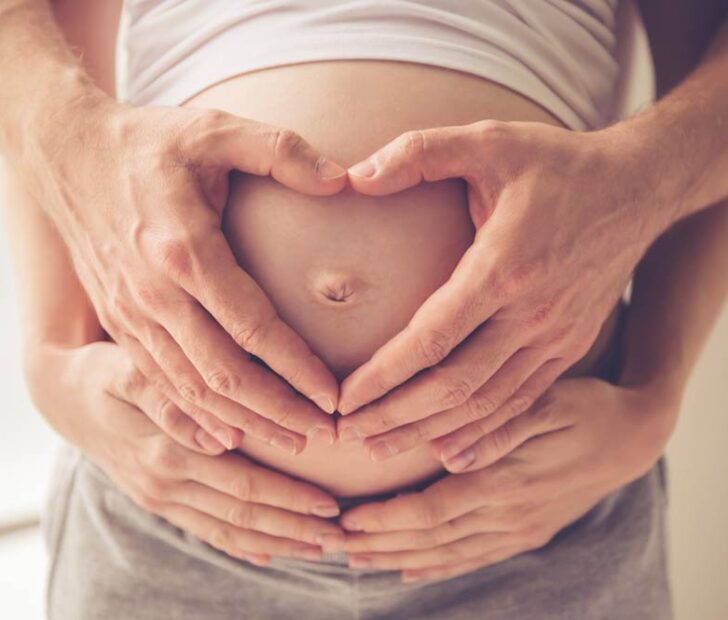Happiness, agony, fear, anticipation, joy, sadness, anxiety, irritability, tears at the slightest? Your feelings during pregnancy seem to have boarded the craziest rollercoaster! They are constantly changing and each quarter has its own..
The emotional changes are related to the corresponding hormonal ones and are completely normal and expected. Estrogen and progesterone are the hormones that primarily shape the emotional profile of the pregnant woman. Of course, waiting for a baby to arrive objectively changes the balance in a couple and this is one reason that in itself can lead to fruitful thoughts and justified stress. What a pregnant woman needs to do, with the help of her partner and her family, is to recognize her feelings, share them and accept them, so that she can then manage them.
So here is a mini emotion guide every quarter:
FIRST QUARTER
During the first trimester there is definitely great joy, if the pregnancy is desirable, intense concern, if the pregnancy is not planned and in any case great fear and anxiety for the loss of the baby, since the pregnancy has not yet been established. Therefore, a woman's ambivalence is very common, especially if it is the first pregnancy, when the new situation is completely unknown to her. In all, many women feel nauseous, tired and drowsy which of course does not help at all in a good mood. And the physical and hormonal changes, combined with the practical changes that are definitely coming, can cause stress, tension, anger and at the same time remorse for the pregnant woman who can not feel only the excitement that social norms "require" to feel a pregnant.
SECOND SEMESTER
During the second trimester, the expectant mother feels more confident about the pregnancy and usually the nausea subsides, but her feelings are just as intense, confused and changeable. The body changes, the weight increases, the external appearance changes and many pregnant women stop valuing themselves, feeling insecure and worried. At the same time, the future father may also have a strange attitude, unintentionally, not knowing how to behave to his partner and trying in turn to adapt to the new situation. Although the woman's desire for sexual intercourse is, at least in theory, increased between the 4th and 6th month of pregnancy, the couple must find new rhythms and adapt according to the instructions of the gynecologist but also according to their fears. Many candidates experience the so-called gender depression, the depression that arises from the discrepancy between their expectations for the sex of the child and reality. In short, there are moms who eagerly dreamed of a baby girl and need time to digest that they have to paint the room blue.
THIRD QUARTER
Entering the finish line to welcome her baby, the pregnant woman continues to be possessed by unprecedented and conflicting emotions. The anticipation grows and is accompanied by the characteristic Nest Creation Syndrome, during which the candidate manoles feel an ίκη invincible desire to prepare the house that will welcome their baby! They are constantly cooking, shopping for clothes, preparing the room, moving things… and all this is accompanied by a truly inexhaustible energy! On the other hand, they begin to fear both the birth itself, as a physical and mental process, and the practical changes that the arrival of the baby, which is getting closer and closer, will bring to their lives. At the same time, the body becomes more and more burdened, discomfort and fatigue increase. This aggravated situation makes women particularly abstract, as they acquire the so-called "baby brain", thanks to which they can constantly look for their keys, or the water heater open.
If the woman has (reasonable) phobias and at the same time is afraid to talk about them or her environment is not ready to accept them, then a big problem arises, because these phobias swell and can only be harmful, both for mom and for the pregnant baby. According to recent research, depression and stress increase the risk of preterm birth and reduce a woman's ability to take care of herself and her baby. A woman who is expecting a child must first be prepared that she will have to deal with herself and secondly that she will have to seek help when she feels she needs it, from her own people and from her doctor who will guide her accordingly. Then everything will be easier!
